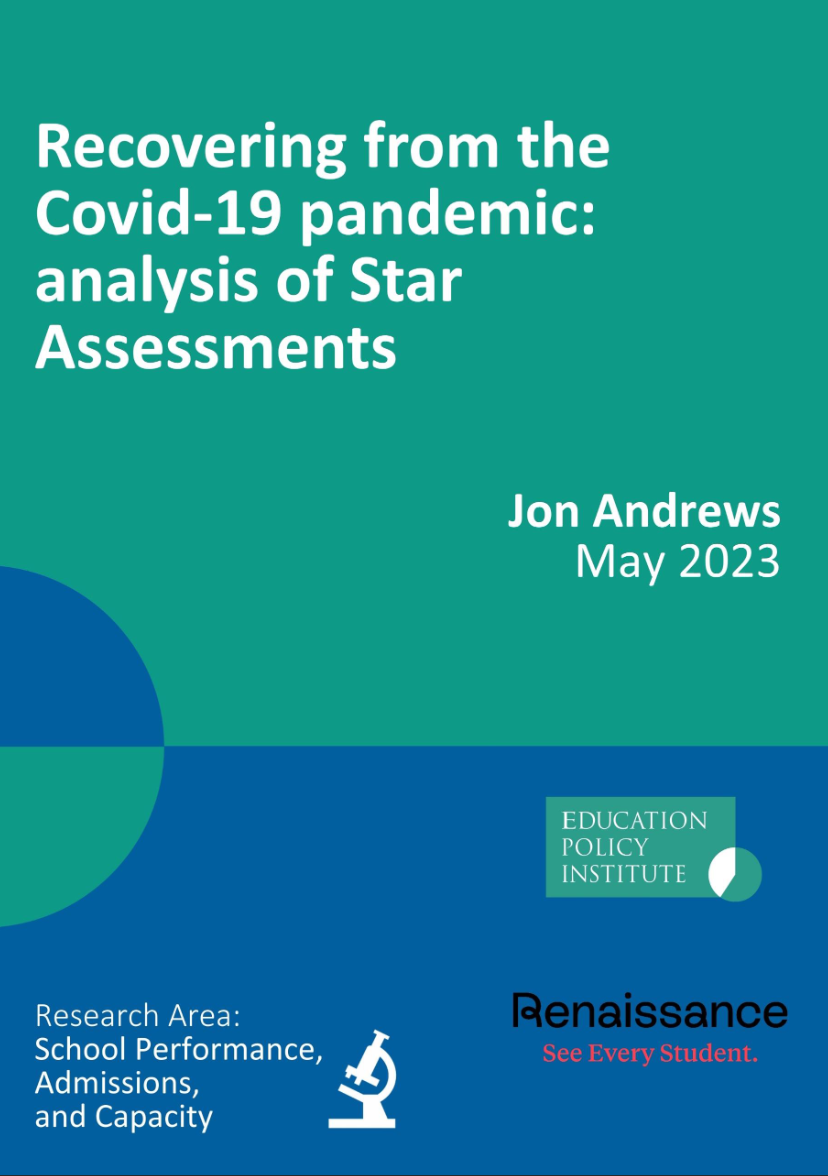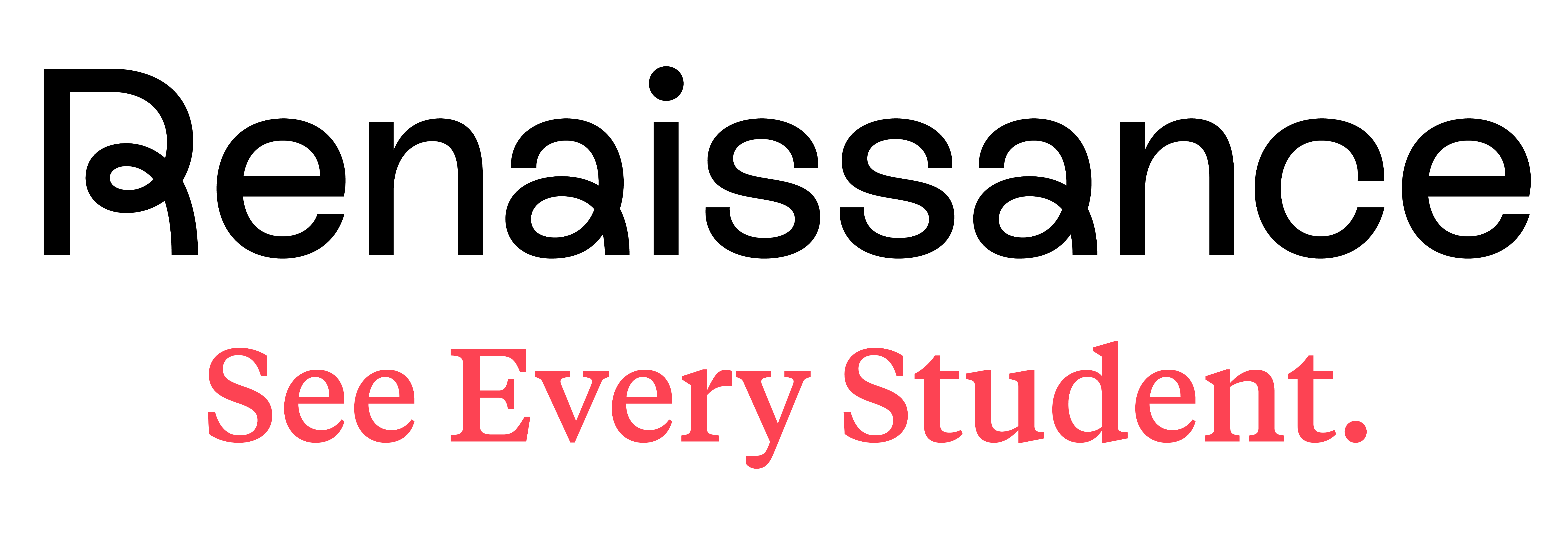EPI’s report into education recovery, in partnership with Renaissance, shows that the pandemic is still having an adverse effect on pupils’ learning. This new analysis uses Renaissance’s Star Reading and Star Maths Assessments to create the largest sample size of its kind available in the country. It finds that primary aged pupils’ outcomes in maths remain well below pre-pandemic norms, whilst outcomes in reading have largely been recovered.
The report reveals that outcomes for primary aged pupils in maths amounted to just under 1.5 months’ worth of learning loss by the end of the most recent autumn term. Whilst outcomes for younger year groups were found to be even further behind pre-pandemic norms, this is perhaps unsurprising given their time in education has so far been defined by the disruption of the pandemic.
More positively, average outcomes in reading have largely been recovered in primary schools, this is consistent with results from national assessments last summer.
The report also builds on existing EPI research that has highlighted the pandemic to have not impacted all pupils equally. The gap in reading outcomes between primaries with the highest levels of socioeconomic disadvantage and those with the lowest is still around 6 per cent wider than at the start of the pandemic. This suggests that pupils in disadvantaged areas have suffered bigger adverse learning effects than those in more affluent areas.
This report forms the first in a series of reports by the Education Policy Institute and Renaissance over the coming year. Later reports will provide further detailed estimates of learning loss and recovery, including regional breakdowns, with the aim of enhancing policymakers’ and educators’ understanding of the impacts on pupils over recent years, so that future support can be targeted where it is most needed.
You can read the report in full here:

You can also find the report on Renaissance’s website here.
Key Findings
Maths Outcomes
- Outcomes in primary mathematics have not recovered to pre-pandemic levels.
- These lower outcomes are broadly equivalent to a loss of just under 1.5 months of learning.
- This is consistent with national curriculum assessments at the end of Key Stage 2 in the spring of 2022, where there was a fall in the proportion of pupils achieving the expected in mathematics.
Reading Outcomes
- Average outcomes in reading appear to have recovered for most year groups.
- This is consistent with national curriculum assessments at the end of Key Stage 2 in the spring of 2022.
Socioeconomic Disadvantage
- Prior to the pandemic, the gap in outcomes in reading between primary schools with high and low levels of disadvantage was equivalent to around 11.7 months of learning. This grew over the course of the pandemic to 13.0 months but has narrowed slightly so that the gap between such schools is equivalent to just under 12.3 months of learning.
- This means that the gap in outcomes between primary schools with high and low levels of disadvantage has grown by about 6 per cent since the start of the pandemic.
Renaissance’s mission is to accelerate learning for all children and adults of all ability levels and ethnic and social backgrounds, worldwide. Renaissance products are used by over 7,500 schools in the UK and 1.6 million pupils; its products have been used in the UK since 1999. Its products are rooted in research and best practices from education professionals, psychometricians and data scientists – all to help improve outcomes and accelerate learning.
Renaissance provides research-proven, rigorously developed data, learning and assessment products alongside world-class support and professional development for the teaching profession. Millions of Renaissance Star Assessments are administered every year, Star Reading and Star Maths streamline the assessment process with valid, reliable data to deliver the right instruction, at the right time, for the right reason. They provide a complete view of student progress, including achievement and growth measures. Star Assessments are aligned to the national curriculum, and in addition to this research Renaissance have made available Focus Skills Teacher Workbooks that help educators identify the skills a student should prioritise and master in order to progress.
To find out more and download the free resources visit Focus Skills | Renaissance Learning.


